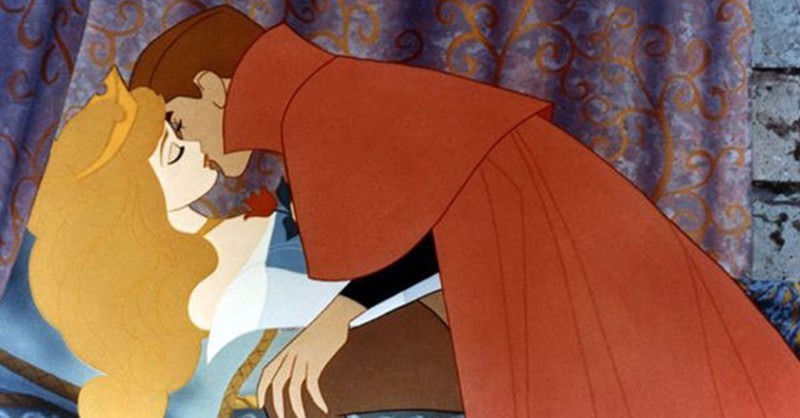A British mother has been criticised after calling for a ban on the fairytale ‘Sleeping Beauty’, arguing that it promotes “inappropriate” sexual behavior.
The London Telegraph reports that the woman, Sarah Hall, took to social media to complain about a book her six-year-old son brought home from school, depicting a modernised version of the classic story.
Mrs Hall argued that the book should be immediately removed from the school curriculum for young children, tagging her tweet with the hashtags #MeToo #consent which have been used by others recently to relate their experiences of sexual harassment.
In a further statement to local press, Mrs Hall explained her concerns:
“In today’s society, it isn’t appropriate – my son is only six, he absorbs everything he sees, and it isn’t as if I can turn it into a constructive conversation.”
“I don’t think taking Sleeping Beauty books out of circulation completely would be right. I actually think it would be a great resource for older children, you could have a conversation around it, you could talk about consent, and how the Princess might feel.”
“But I’m really concerned about it for younger children, [and]would really welcome a conversation about whether this is suitable material.”
The tale dates back to the 16th century, and in its original form the princess is actually raped by king who discovers her in a state of slumber.
However, there are no traces of this facet of the tale in the modernized version, popularized by Walt Disney, and often told to children.
In the book Mrs Hall’s son brought home, the princess awakes after being kissed by her betrothed prince. A child character states that ‘everyone knows’ this is how to awaken a sleeping princess.
Mrs Hall argued that the tale is “Indicative of how ingrained that kind of behavior is in society. All these small things build up, and they make a difference.”
“I think it’s a specific issue in the Sleeping Beauty story about sexual behavior and consent. It’s about saying is this still relevant, is it appropriate?” she added.
source: infowars































